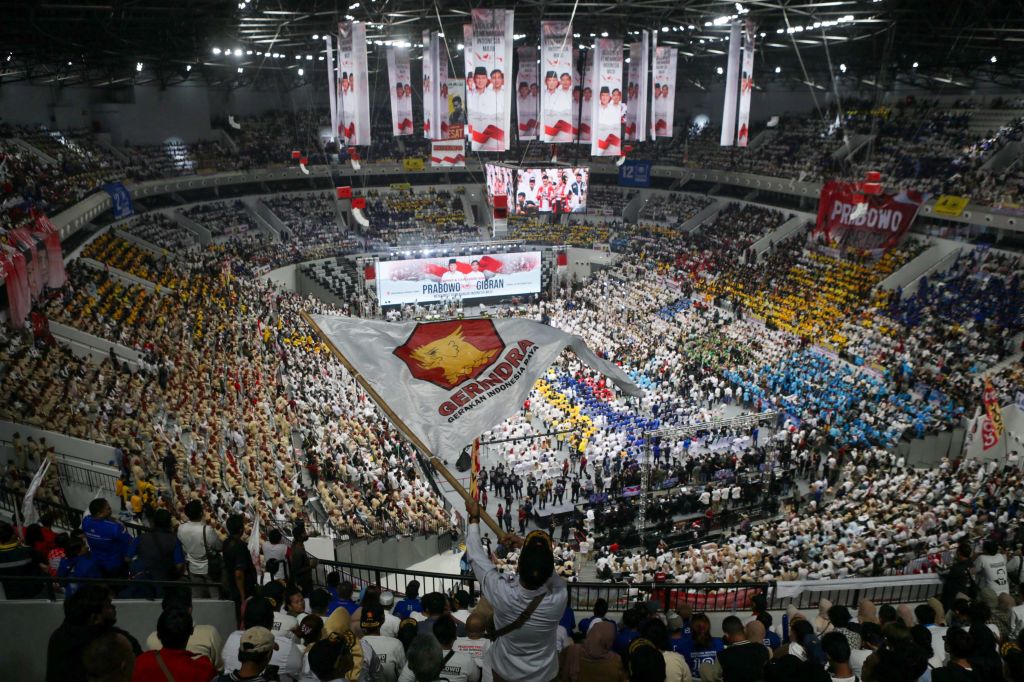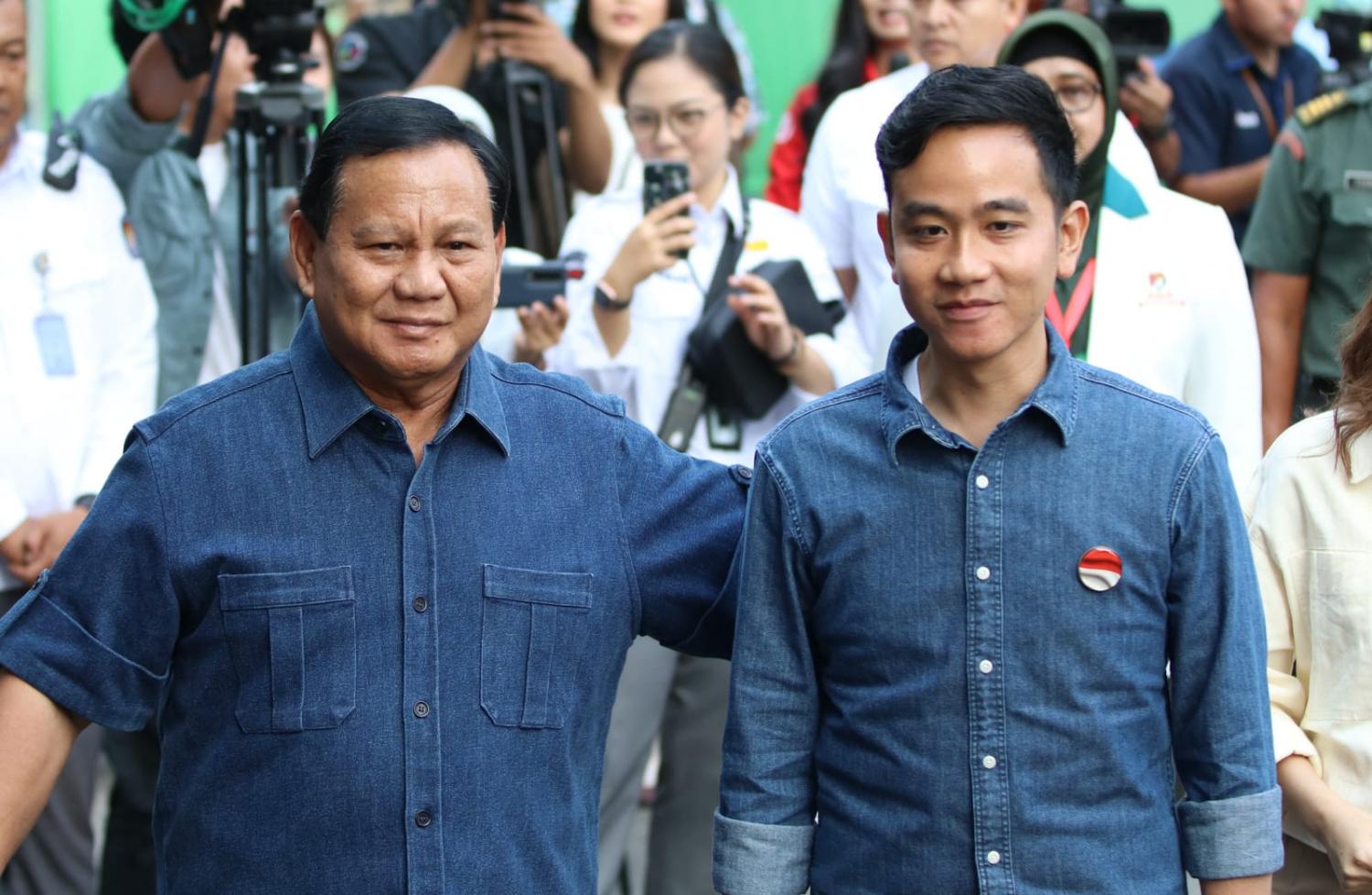Indonesia’s President Joko “Jokowi” Widodo has enjoyed consistently high approval ratings, better even than India’s popular Prime Minister Narendra Modi. In recent months, Jokowi has achieved as high as 81 per cent, an extraordinary figure given he first took office as president in October 2014.
Now entering his final full year, and by law unable to seek a third five-year term, Jokowi’s legacy could be his signature policies such as ensuing resources are processed in the country with “value-added projects”, a US$34 billion new national capital, and laying the groundwork to make Indonesia a high income economy by 2045, the country’s golden centennial.
But his good standing could be undone by controversy linked to his family and allegations of seeking to create a dynasty. That enviable legacy could well be tainted.
Events in the past ten days have seen charges of collusion, conflict of interest, disloyalty and nepotism. They relate to a move that could see his son become vice president following the election next year. This carries the potential to blemish Jokowi’s public service record and deflate that erstwhile commanding approval rating.
On Monday 16 October, by a 5-to-4 count, Indonesia’s Constitutional Court ruled in favour of a petition that enables an elected public official to stand for president or vice president even if the candidate has not reached the minimum age of 40 as required by the 2017 election law.
This opened the door for the elder of Jokowi’s two sons, Gibran Rakabuming Raka, 36, presently the mayor of Surakarta in Central Java, to run for higher office. Jokowi was himself once mayor of Surakarta, the family’s hometown.
Yet jumping through this legal loophole could taint Jokowi’s legacy. The controversy here is that Constitutional Court Chief Justice Anwar Usman is also the president’s brother-in-law. Anwar is married to Jokowi’s younger sister, Idayati. Anwar did not recuse himself from the ruling process, ignoring an established convention that justices do not participate in a case that can involve a family member.
On Sunday night, 22 October, Jokowi’s former rival turned Defence Minister Prabowo Subianto declared Gibran as his vice-presidential running mate in his bid for the presidency.
These events sparked a string of reactions that mark displeasure with Jokowi and family. Prominent media outlet Kompas had already conducted a survey following the court ruling but ahead of Gibran’s VP nomination in which almost two-thirds of the respondents believed the move amounted to dynasty building.
On Monday 23 October, the Constitutional Court established a probe into the 16 October decision following seven petitions demanding an investigation. This will be conducted by an ethics council, consisting of a court justice and two outside legal authorities, which may not overturn the ruling but it could recommend dismissal of any justice for unethical behaviour.
On the same day, a civil society group TPDI reported Jokowi, Anwar Usman, Gibran, and Jokowi’s second son, Kaesang Pangarep, to the Corruption Eradication Commission, KPK, for alleged collusion and nepotism in the Constitutional Court’s 16 October ruling. Kaesang, 27, chairs the Solidarity Party of Indonesia, PSI, that engages young people, and the party has endorsed the Prabowo-Gibran ticket, making it a nine-party coalition.
Asked about the complaint against him, Gibran simply replied, “Let the KPK follow it up.”

But the apparent nonchalance could mask trouble for Gibran. His party, PDIP, gave him the platform to become a city mayor. Prabowo, meantime, heads his own party, Gerindra. It is far from clear whether PDIP and its influential chief in former president Megawati Sukarnoputri will be keen for any relationship – or whether Gibran will be regarded as disloyal.
So far, PDIP has made no statement on Gibran’s party status. (Update: on Thursday evening a PDIP official said Gibran’s membership “in de facto terms” ended with his registration as a candidate for another party.) Keeping him out of the party (should he not resign from the party himself) could potentially split support for PDIP’s own presidential hopeful, former Central Java governor Ganjar Pranowo. There is a strong “ProJo” (pro-Jokowi) body of supporters that campaigned for Jokowi in 2014 and 2019 and have since vocally supported Prabowo. The third presidential candidate trailing behind Prabowo and Ganjar in polling is past Jakarta governor Anies Baswedan.
Setting aside questions of nepotism or disloyalty, the electoral question is whether Gibran is an asset or liability for Prabowo. Prabowo, the former army lieutenant general and special forces commander during Suharto’s New Order years, has already lost two elections against Jokowi.
Prabowo clearly sees Gibran as an asset. In speeches, Prabowo has declared Indonesia’s future is in its young people. He sees in Gibran an opportunity to garner the millennial and Generation Z voters that make up half if not more of the country’s 204.8 million registered voters who will go to the polling stations on 14 February 2024. (Indeed, he has won support in younger generations himself.)
Of course, Prabowo will also hope to secure the support of Gibran’s father, given Jokowi’s magnetic approval rating, and he regularly sings the praises of Jokowi’s achievements.
But Gibran may also prove a liability should younger voters decide he has lost trustworthiness and credibility after abandoning his party for another. He also has limited leadership experience. Former Jakarta governor Basuki Tjahaya Purnama, a stalwart PDIP cadre, has said Gibran should have a track record at the local level before running for national office.
A reputation, as is said, is hard won, but quickly lost. The risks to the family name are great.

